My Man Godfrey (1936)
By Toronto Film Society on November 19, 2022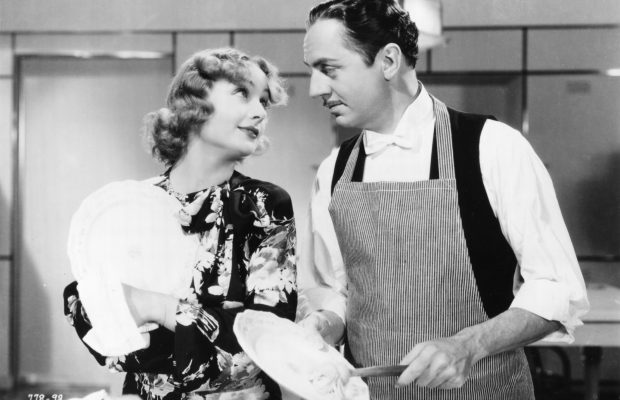
Toronto Film Society presented My Man Godfrey (1936) on Saturday, November 19, 2022 as part of the Season 75 Virtual Film Buffs Screening Series, Programme 3.
Production Company: Universal Pictures. Producer: Charles R. Rogers. Director: Gregory La Cava. Screenplay: Morrie Ryskind and Eric Hatch; contributing writers: Zoë Akins, Robert Presnell Sr. Music: Charles Previn and Rudy Schrager (both uncredited). Cinematography: Ted Tetzlaff. Film Editors: Ted J. Kent and Russell F. Schoengarth. Release Date: September 6, 1936.
Cast: William Powell (Godfrey Smith), Carole Lombard (Irene Bullock), Alice Bracy (Angelica Bullock), Gail Patrick (Cornelia Bullock), Eugene Pallette (Alexander Bullock), Jean Dixon (Molly), Alan Mowbray (Tommy Gray), Mischa Auer (Carlo), Bess Flowers (Mrs. Merriweather), Jane Wyman (Socialite), Grady Sutton (Charlie Van Rumple).
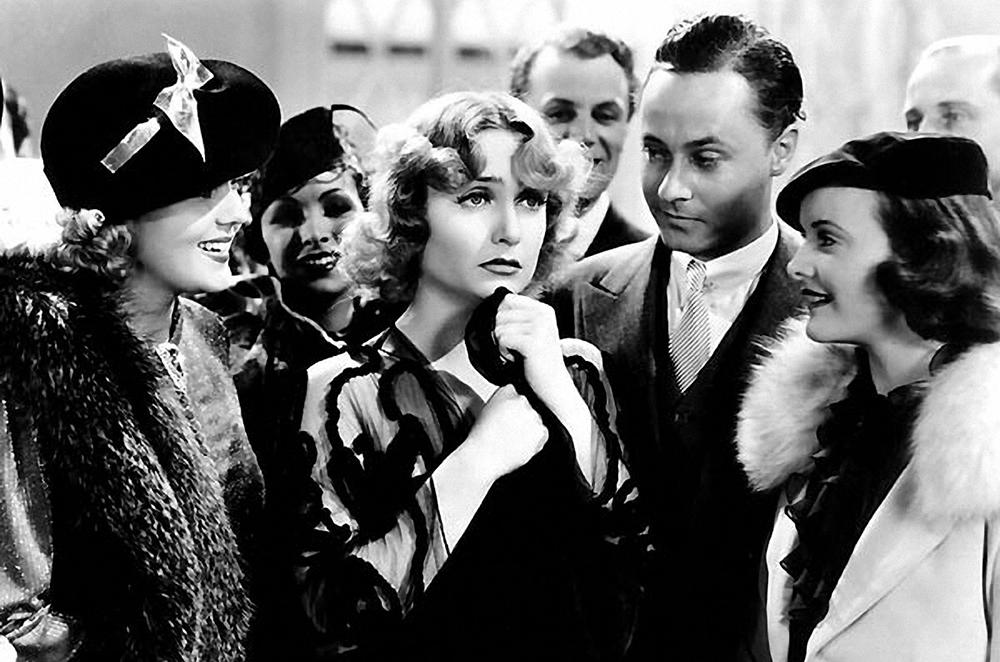
My Man Godfrey is a screwball comedy directed by Gregory La Cava and was released to great commercial success on September 6, 1936. The backdrop of the film, as set out in the opening credits, is the extreme wealth gap between the wealthy and the “forgotten men”, contrasting the glitz of the city to the shanty town in the dump where the titular character, Godfrey Smith (William Powell) lives. In some ways, it’s a familiar backdrop for 21st century Toronto, where condo towers continue to rise amidst growing tent camps in the parks.
The movie begins with Irene Bullock (Carole Lombard) and Angelica Bullock (Gail Patrick) searching around a city dump for “forgotten men” for a deluded “scavenger hunt” being run by an off-the-rails party of the ultra-wealthy.
Throughout the film, wealth is displayed through the comic, frivolous hysteria of the women and the haplessness of the men who actually make the money.
Poverty is embodied by the forgotten men—virtuous white men struggling to survive who simply need to be given a job (not welfare!). [Pay close attention to each forgotten man’s origin story and ask yourself who the film is really concerned about.]
The Bullock sisters come across Godfrey and he agrees to be taken back to be displayed as part of this scavenger hunt. It is there that Irene insists he become their butler. Shenanigans ensue.
Without spoiling said shenanigans, I will make a few remarks about my favourite character, Carlo (Mischa Auer). Carlo is the “protégé” of the Bullock matriarch’s (Alice Brady). He spends a lot more time eating than practicing the piano, but when he does, it’s one piece and one piece only. Occasionally, he impersonates a gorilla (frighteningly well), and does read some poetry to Mrs. Bullock (though she doesn’t seem to want him to), but most of the time he is brooding or eating. A commensurate hanger-on, Carlo represents one vision for the role of art in dark times.
It makes you wonder. At a time when so many in the US were literally starving, why was this film so successful? It’s true that hysterical women are a tried-and-true font of comic genius, but there must be something more to it. If I had to guess (and maybe read a few movie reviews), I’d say it’s probably the characters themselves. As annoying as everyone is, they are genuinely lovable and — economics be damned — you just want things to work out for these hopeless rich people.
Roger Ebert refers to Irene’s pining love for Godfrey and the way he responds as “effortlessly magical”. Oh yes, and the outfits are to die for.
Maybe that’s the reason, or maybe, then as now, people like to watch wealthy fools behave absurdly. John Farr writes for Best Movies by Farr, “During the bleakest days of the Great Depression, screwball comedies gave struggling Americans vital relief and escape. These films skewered the upper class, which seemed only fitting, while simultaneously giving audiences the vicarious thrill of experiencing life on easy street, among high society.”
In our times, movies are unnecessary to get our fix of envy and schadenfreude. Whether it’s following the news of celebrity court dramas or reading the actual tweets of former presidents, there is plenty of dumpster fire to go around to ensure that everyone is warm. And for all that, it’s still a pretty funny movie.
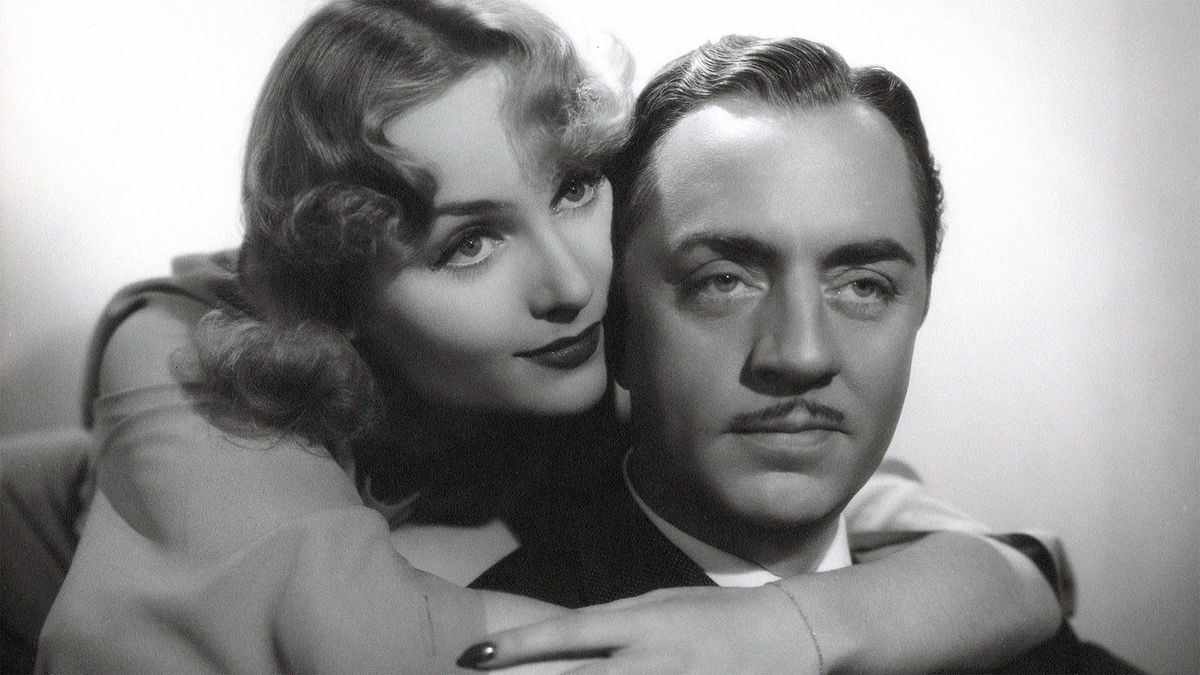
Fun Facts:
- William Powell suggested his ex-wife Carole Lombard for the leading role with the explanation that his real-life romance with her had been much the same as it was for the characters of Godfrey and Irene.
- Carole Lombard said that anyone who enjoyed the film should “credit 75% of it to Gregory La Cava, who directed it, wrote all the dialogue, and literally gave birth to it.”
- Carole Lombard had a habit of inserting swear words into the dialogue and had to re-film several scenes due to this.
- Mischa Auer’s character, Carlo, repeatedly sings “Ochi Chornya” in this movie. Nine years later, in And Then There Were None (1945), his character Prince Nikita Starloff begins playing the first few notes of “Ochi Chornya” on the piano before meeting his demise.
Notes by Benjamin Miller
You may also like...
-
News

Frances Blau
Toronto Film Society | February 27, 2024On Monday, February 26th, 2024, Toronto Film Society lost longtime friend, supporter, and board member Frances Blau. Known for her sense of humour, her love of film, her generosity,...
-
Special Events

Monday Evening Film Noir Double Bill at the Paradise Theatre
Toronto Film Society | July 8, 2024The Toronto Film Society presents a film-noir double feature at one low price! The Window (1949) in a double bill with Black Angel (1946) at the Paradise Theatre on Monday, August...
Programming

Virtual Saturday Night at the Movies
Toronto Film Society | July 20, 2024Toronto Film Society is back in the theatre! However, we’re still pleased to continue to bring you films straight to your home! Beginning Season 73 until now we have...
4-
 Toronto Film Society | July 8, 2024
Toronto Film Society | July 8, 2024
Monday Evening Film Noir Double Bill at the Paradise Theatre
-
 Toronto Film Society | November 6, 2022
Toronto Film Society | November 6, 2022
-
 Toronto Film Society | August 1, 2023
Toronto Film Society | August 1, 2023
Donate to Toronto Film Society – We’re now a Registered Charity!
-
Copyright © 2017 Toronto Film Society.

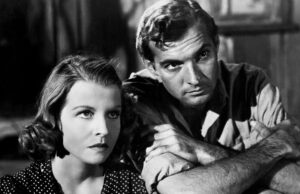
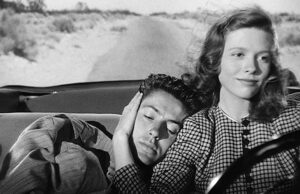

[…] (1950), Second Chorus (1940), Gulliver’s Travels (1939), Detour (1945), Nosferatu (1922), My Man Godfrey […]